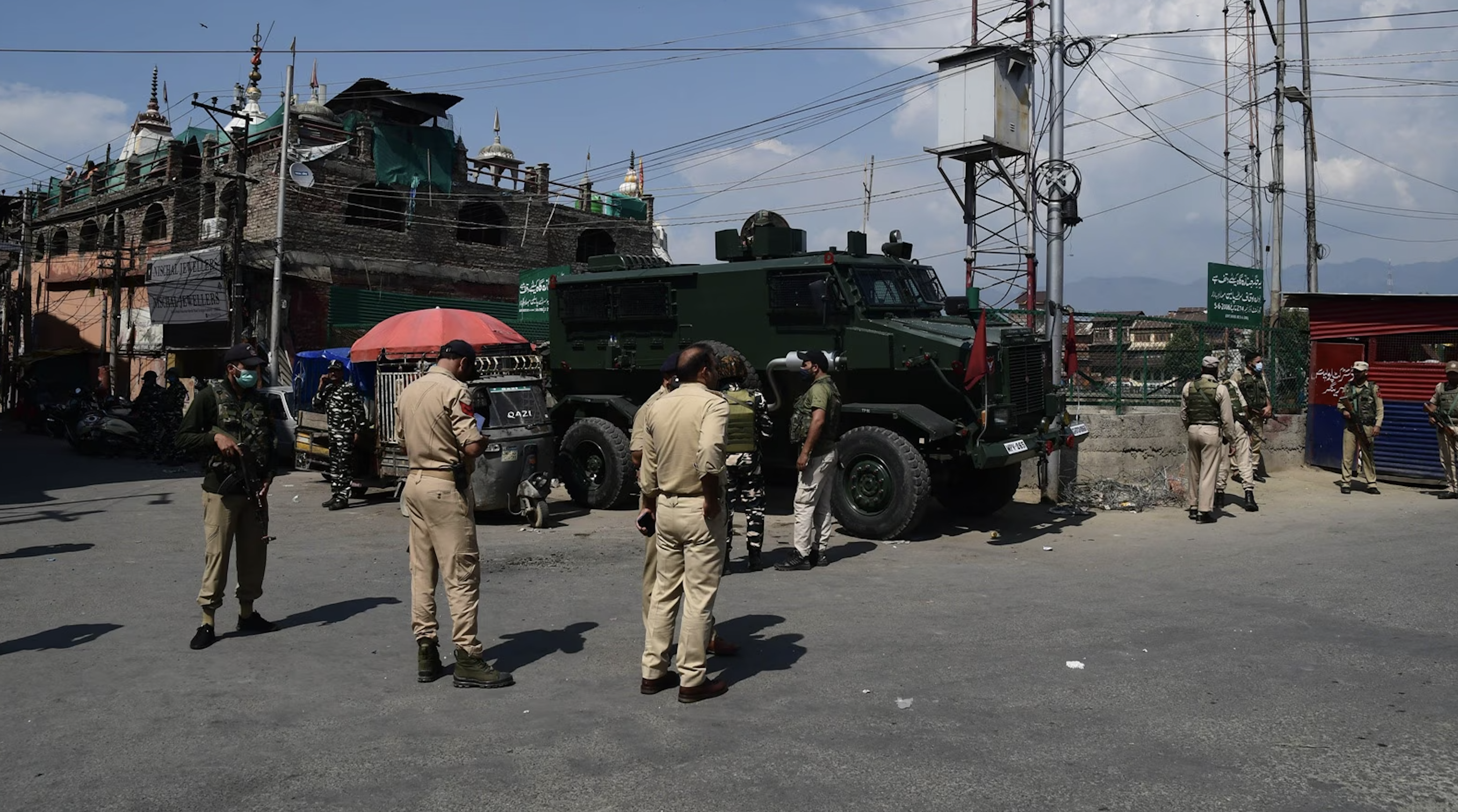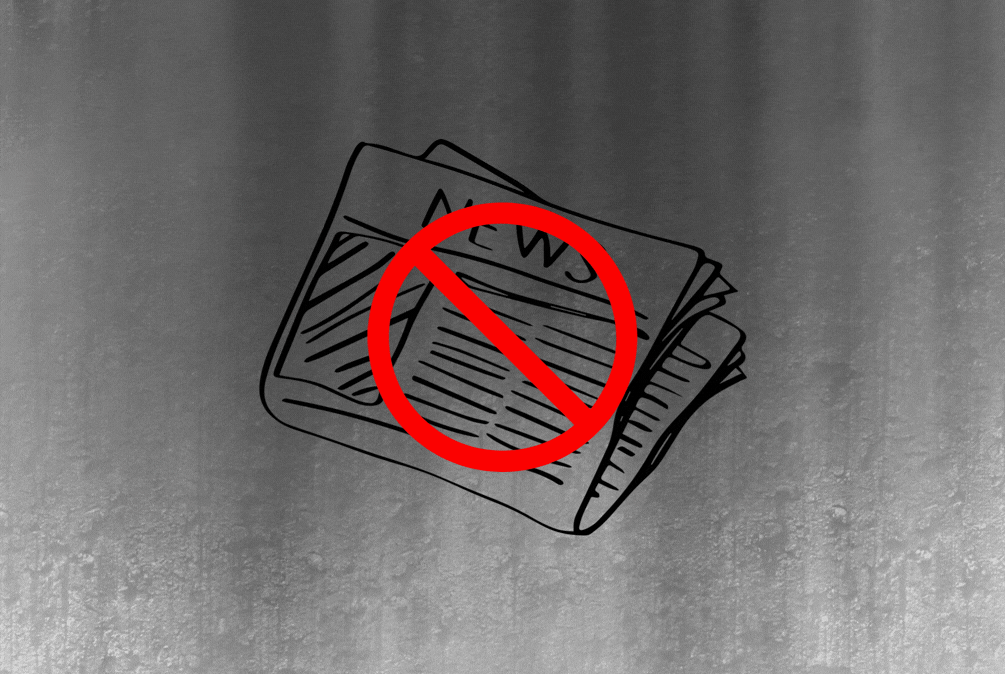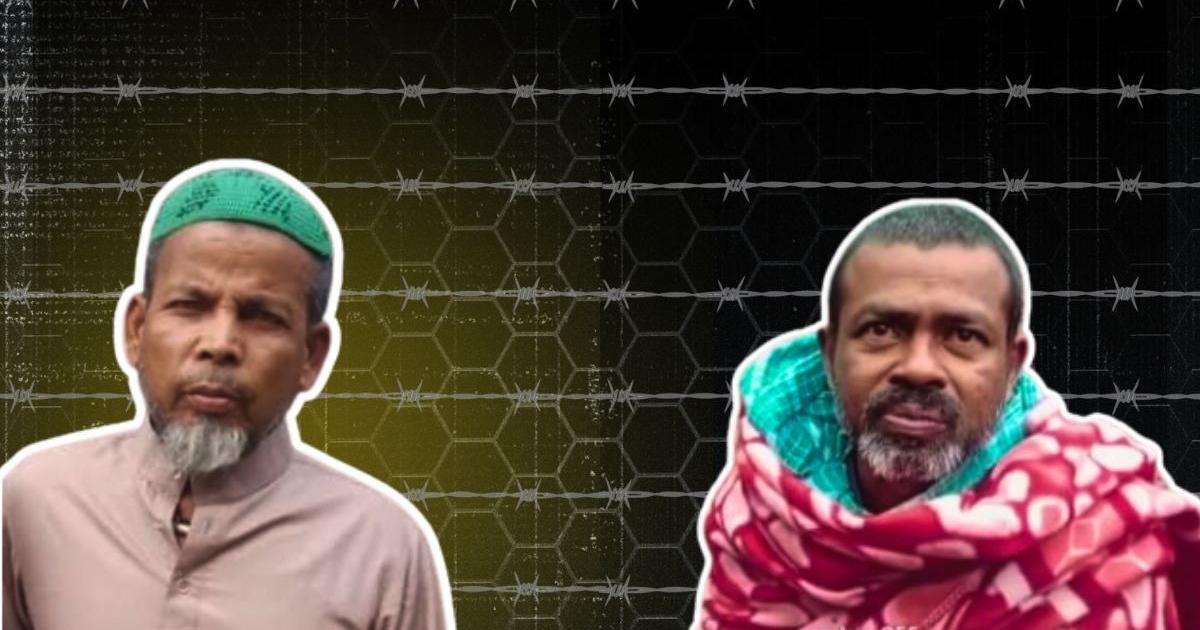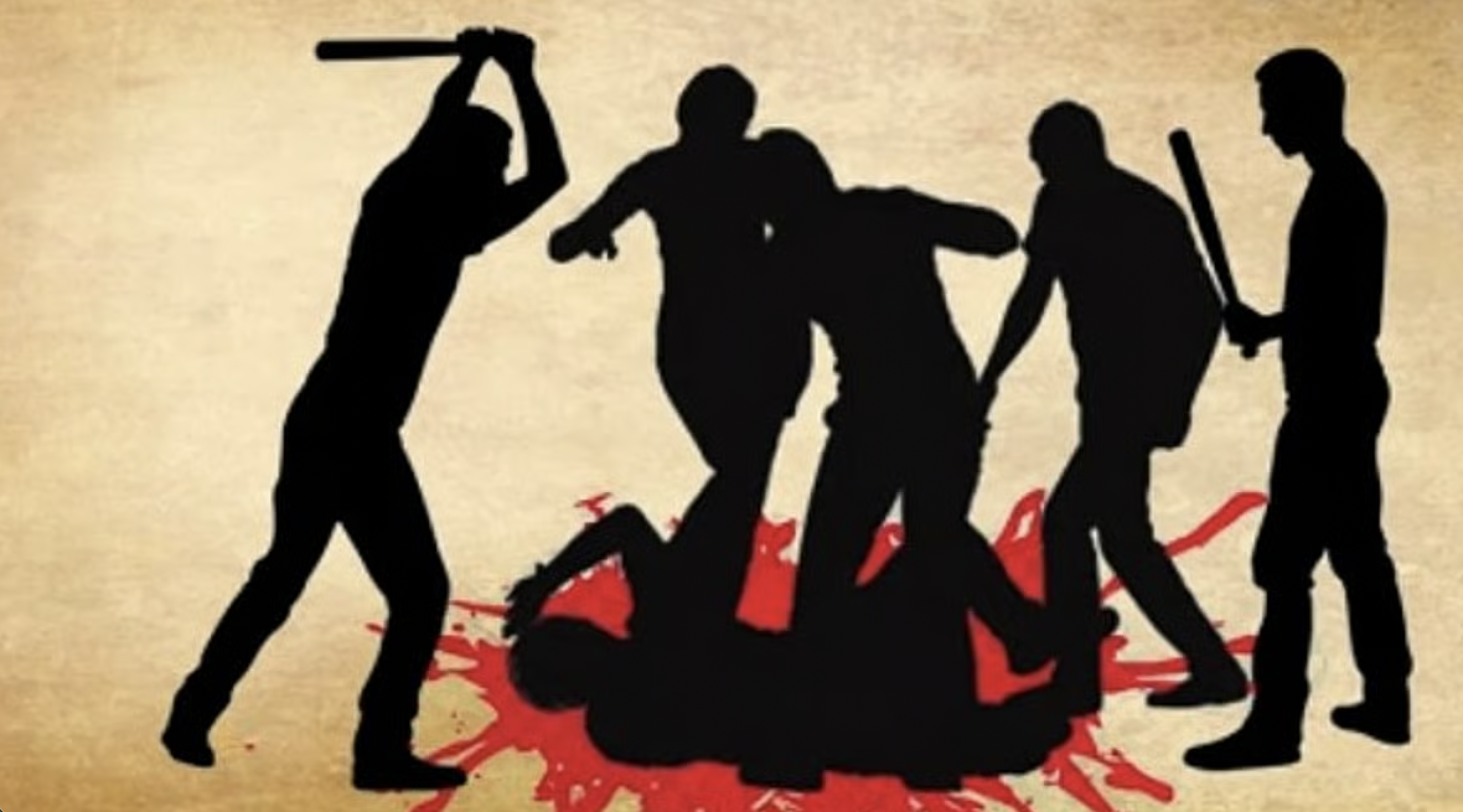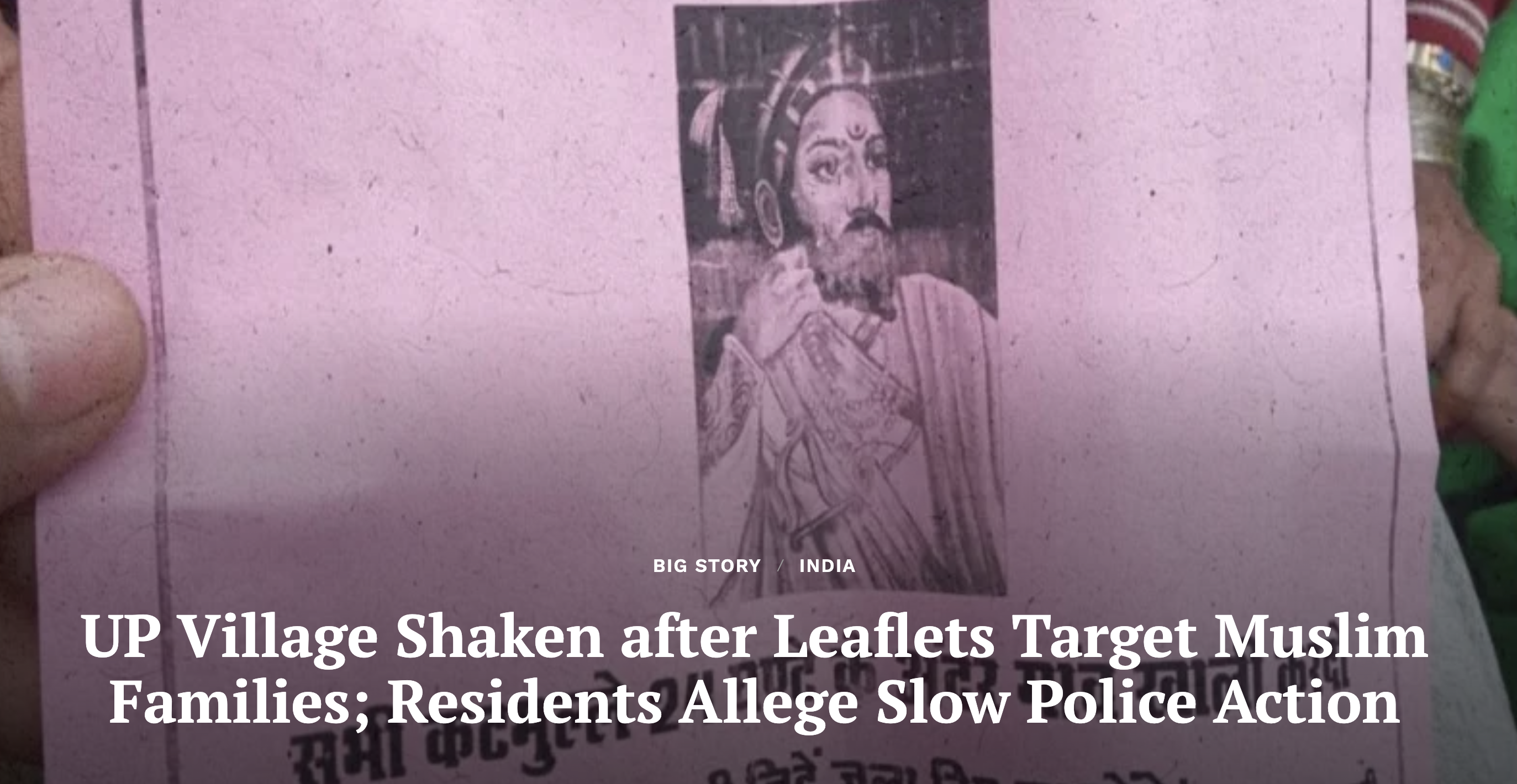
By Team Clarion
NEW DELHI — In a move that has sparked concern among many parents and education experts, Delhi schools will now introduce lessons on the Rashtriya Swayamsevak Sangh (RSS) under the government’s newly launched Rashtraneeti Programme. The programme also claims to cover India’s freedom struggle and democratic values.
According to Delhi Education Minister Ashish Sodhi, the curriculum, still in its final stages of preparation, will include lessons on the “history, ideology, and social activities” of the RSS. “The syllabus will cover key RSS leaders and their social initiatives, as well as its historical formation,” he told The Indian Express on Tuesday. “Once the draft is ready, we will share further details.”
The Rashtraneeti Programme, inaugurated on 18 September by Chief Minister Rekha Gupta and Minister Sodhi during the Namo Vidya Utsav, will be implemented in all government schools across Delhi, from kindergarten through Grade 12. Officials stated that the course will explore how Keshav Baliram Hedgewar founded the RSS in 1925, alongside the contributions of prominent leaders linked to the organisation, including former prime minister Atal Bihari Vajpayee and current Prime Minister Narendra Modi.
Critics, however, argue that the inclusion of RSS-centric content risks marginalising minority students, particularly Muslims, by promoting a one-sided view of Indian history. “Our children should learn about all communities that contributed to the freedom struggle, not just those associated with one organisation,” said a parent, requesting anonymity. “We fear this may create communal bias in young minds.”
The programme also intends to educate students about other freedom fighters and nationalist leaders such as Savarkar, Shyama Prasad Mukherjee, Sardar Vallabhbhai Patel, and Subhas Chandra Bose under a section dedicated to “unsung heroes.” Participating students will join subcommittees, youth parliaments, electoral literacy clubs, and field visits. Rashtraneeti classes are scheduled for the first and third week of every month.
A teacher at a government school told The Indian Express, “No booklet has been issued yet, so teachers are unsure how to approach these lessons.” A postgraduate teacher overseeing the programme added, “At present, schools are holding elections to form committees. Once that is complete, we will start the new lessons.”
A source further told PTI that while teacher guidelines have been prepared and training sessions are underway at the State Council of Educational Research and Training (SCERT), officials are still deciding which classes will begin the new curriculum first.
Muslim advocacy groups have expressed unease over the curriculum, warning that glorifying RSS could overshadow the inclusive narratives of India’s independence movement. “It is crucial that our children see the contributions of all communities, including Muslims, Sikhs, Dalits, and Christians, in shaping India’s democracy,” said Zafar Hussain, a community leader in Jamia Nagar. “Education should unite, not divide.”
As the Rashtraneeti Programme rolls out, parents, educators, and civil society members continue to call for a balanced curriculum that recognises the sacrifices of all Indian citizens, ensuring that schools do not become platforms for partisan history lessons.
This story was originally published in clarionindia.net.


